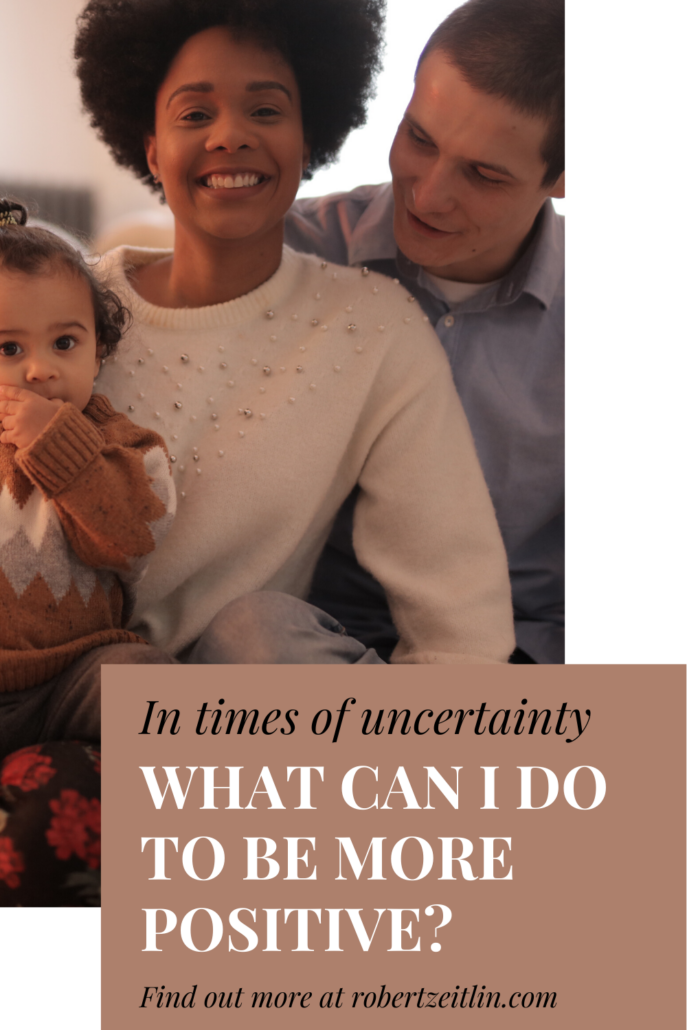A parent recently asked me, “What book can I read to feel more positive?” I asked her for clarification. I wanted to know what she wanted to achieve. “I just feel like the last few months have left me in a dark place.” She was worried that her mood was impacting her family, especially her kids.
Spoiler alert: you can’t fake your mood. Humans are extremely good, from a very young age, at reading other humans’ faces.
Before the COVID-19 pandemic, parents told me, “I just want to raise a happy kid.” If nothing else works, they didn’t care. They would trade everything for the end goal of delivering a child that was happy.
In the last few months, the questions I hear have changed to, “what can I do to be happier?” I am excited for this change, despite the impossible challenges of being stuck-at-home, trying to work while managing distance learning. Recognizing that we need to take care of ourselves first (the “put on your own oxygen mask first” metaphor) is the result of a lot of additional stress but it is the ONLY way to change how you parent and impact your kids.
Of course, I am competing with some great marketing:
Fake it until you make it. Smile through the pain. Laugh more and yell less (yeah, that was mine!). Be positive.

(pin this on Pinterest)
These directions create a disconnect between our underlying beliefs and our outward behavior. The core problem: we can’t strong-arm our mood into compliance.
Even when we make a wholehearted effort to change our intentions by repeating positive affirmations, our posture doesn’t genuinely change. Humans are exquisitely perceptive of other humans’ moods, reading a million aspects of facial expression and tone.
When we paper over negative beliefs that don’t support the mood we wish for, the “tweak” doesn’t hold. It’s a patch, not a fix.
The shortcuts we take to be “happier” remind me of the formulas we follow to build self-esteem, the subject of a future post.
Happiness is a journey, not a destination. Positive Psychology is the Science of Happiness, standing on the shoulders of the wisdom of the ages, from the great religious texts (Bible, Torah, Qu’ran) to philosophers like Aristotle, Confucius, and St. Thomas Aquinas. They describe the “virtues” that Positive Psychology research turned into a framework of character strengths.
Positivity isn’t like a pill you take that makes you smile more. It’s something that you work for. I titled my book “Laugh More, Yell Less” because laughter is something that is a lot harder to fake than smiling.
If you are looking for help to change your posture, the core to your happiness, I can help.
I had a great conversation Lisa Lopez on FB Live on her question: “How do you maintain your happiness when your child is unhappy?” Lisa is a Happiness Coach and we have A LOT to talk about. Stay tuned for more.

0 Comments